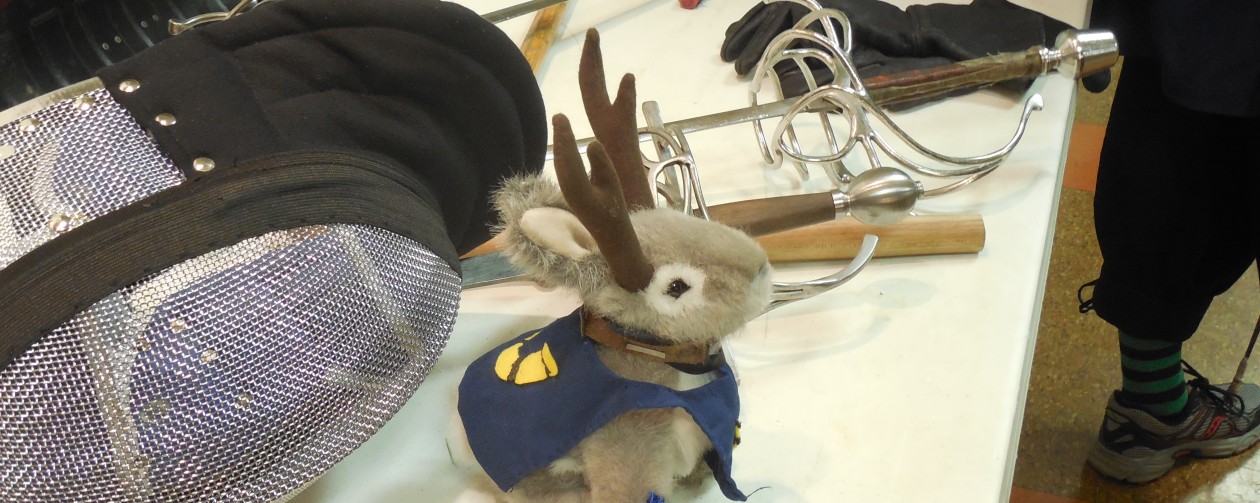Today, I am reading and commenting on 1 Samuel 16-17.
Before today, I never really noticed that the elders of the town of Bethlehem trembled when Samuel first arrived there and asked him if he came in peace. Samuel calmed their fears and invited them to a sacrifice. I need to give some thought to whether the elders feared Samuel because of what he had done, or if they feared him because of his connection to King Saul. The next thing which occurred to me is not something new, but worth mentioning now: The two books of Samuel (and most of the other “historical” books of the Old Testament) are compilations of accounts which had been passed down independent of one another. The above is very clear in today’s passage. Today’s passage contains three stories about the early years of David’s career. First, there is the account of Samuel anointing David as king to replace King Saul. Second, there is an account of how David entered Saul’s service as a musician. Finally, there is the account of David and Goliath.
Now, because the accounts contained in today’s passage had been passed down as separate stories, there are some apparent conflicts between them. First I want to look at Eliab’s (David’s eldest brother) reaction to David coming down to see the battle. Eliab had been present when Samuel anointed David, but nevertheless he interpreted David’s asking about what reward Saul had offered for the man who defeated Goliath as David trying to stir up trouble (I will come back to this later). The next, and biggest, conflict among these stories comes from the account of King Saul sending messengers to bring David into his service as a musician and then not recognizing him when he came forth to face Goliath. This has always bothered me: how could King Saul not recognize David if David had been in his service playing music for him when he became agitated? The answer came to me today. Before the incident with Goliath, David would probably only be around Saul when Saul became agitated and someone called for him to play his lyre. In fact, David probably did not spend much time in Gibeah, since his father lived less than a day away.
After Samuel anointed David, the passage says “from that day on, the Spirit of the Lord came powerfully upon David. ” I think we see what the passage meant in the account later of David and Goliath, as much in what David said to the Israelite soldiers when he first saw Goliath come forth as in what he ultimately did that day. David tried to encourage one of the soldiers to stand forth against Goliath in faith that God would be with them. “Who is this uncircumcised Philistine that he should defy the armies of the living God?” When no one else would do so, David himself stood forth, trusting in God. I believe that this was not the first time David had “stirred up trouble” by pushing people to act in faith.
I use the daily Bible reading schedule from “The Bible.net” for my daily Bible reading.




